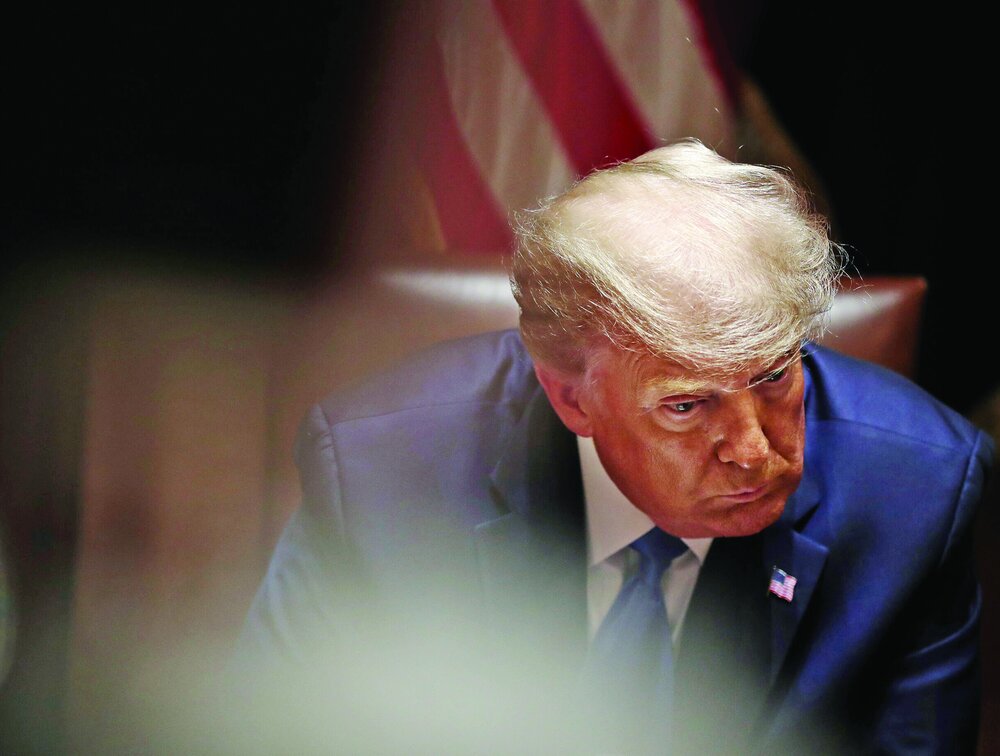By Mohammad Mazhari
TEHRAN – An American professor is of the view that Trump’s pressure policy against Tehran has failed to get Iran to stop its support for groups in Yemen and Lebanon or force Tehran to stop enriching uranium.
Wyn Rees, a professor in the School of Politics and International Relations at the University of Nottingham, says such a policy has also caused friction between Washington and its European allies.
“It (pressure policy) has not achieved its goal of forcing Iran from the enrichment of nuclear materials. It has also been a U.S. policy that has caused considerable tensions with European allies – France, Germany, and the UK,” Rees tells the Tehran Times.
The following is the text of the interview:
Q: Does it matter to Americans who win the election?
A: Yes, this is an important election. The U.S. is a deeply divided society, and the disagreements are very strong. In foreign policy (where my expertise lies), Trump has been less radical in office than some feared at the start of his Presidency. He has speeded up policies that pre-existed his Presidency. He has added an abrasiveness to relations to allies on trade and accusations that they had exploited American generosity. Having said that, many Americans pay little attention to foreign policy and instead measure a president in terms of economic success.
Q: Is fraud possible in the U.S. election? Do you expect the loser not to accept the results?
A: Trump is behind in the polls and has expressed concern about postal voting. If he loses, he may claim that postal voting was the key to Biden’s victory. But the U.S. system is experienced in resolving such disputes. George W Bush narrowly beat Al Gore after doubts about the election were resolved by a Supreme Court ruling.
Q: Do you think Trump will launch a military attack on Iran to increase his chances of reelection?
A: It is not impossible that Trump could increase tensions with Iran during the election, but it is very late to do so. It would be a transparent thing to do, and Democrats would likely paint it as evidence of Trump’s electoral weakness rather than strength.
Q: What is your comment on Trump’s rush to broker peace deals between Israel and Arab countries before the November election?
A: I think such deals have been in gestation for a long time. Many Arab countries have grown weary of being hostile to Israel and have been eager to follow Egypt and others' footsteps. The Palestinian administration's position in the West Bank has been seen as inflexible, and Arab governments have grown frustrated with the paralysis it has imposed on their policies.
Q: How do you assess the U.S. pressure policy against Iran? Was it successful?
A: Trump’s withdrawal from the JCPOA has put significant pressure on Iran and damaged its economy. It has not achieved its objective of getting Iran to cease its support for Yemen or Lebanon groups. It has not achieved its goal of forcing Iran from the enrichment of nuclear materials. It has also been a U.S. policy that has caused considerable tensions with European allies – France, Germany, and the UK.
Q: Could the U.S. administration expand its soft power under Trump's presidency?
A: Trump moved away from Secretary of State Clinton’s focus on Soft Power. By his abrasive style and confrontational policies, Trump has diminished U.S. Soft Power. I am not convinced that the President regards Soft Power as being very important.


No comments:
Post a Comment